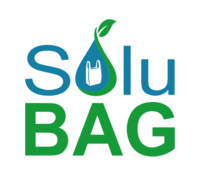Japanese scientists find microplastics are present in clouds
Japanese scientists have found between 6.7 and 13.9 pieces of microplastic in each litre of cloud water tested.
Researchers in Japan have confirmed that microplastics are present in clouds, where they are likely affecting the climate in ways that are not yet fully understood.
In a study published in the journal Environmental Chemistry Letters, Japanese scientists climbed Mount Fuji and Mount Oyama in order to collect water from the mists that shroud the peaks, then applied advanced imaging techniques to the samples to determine their physical and chemical properties.
